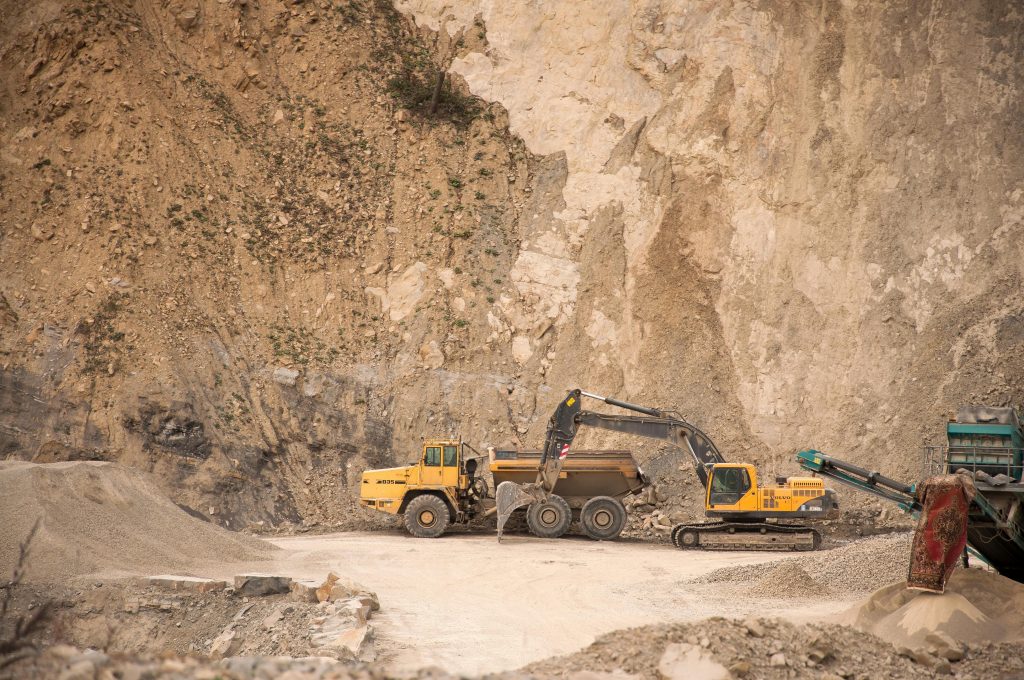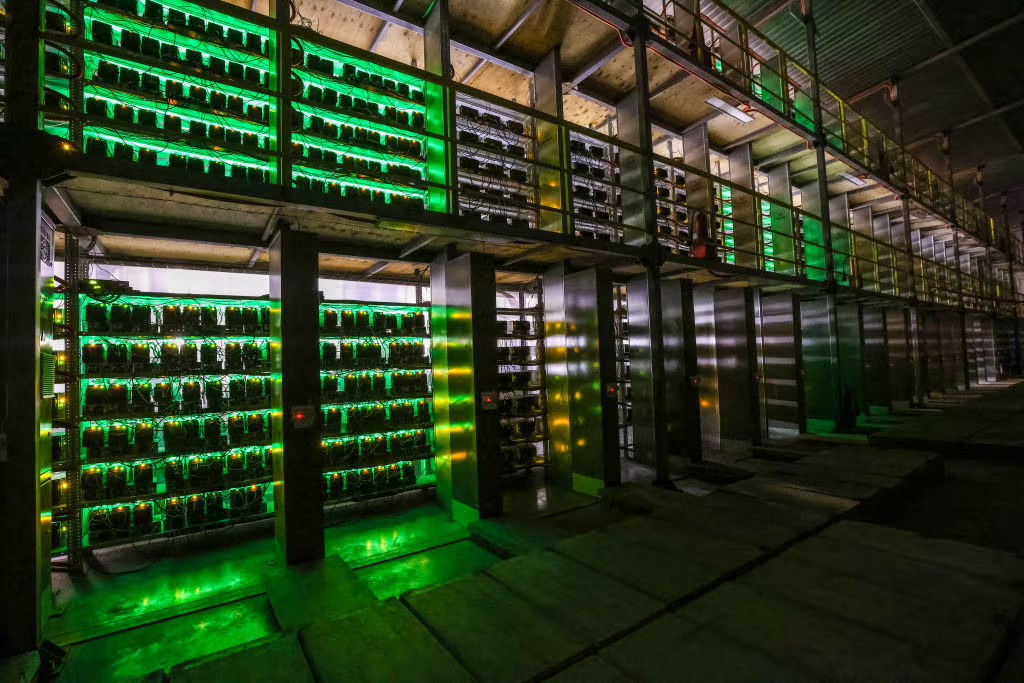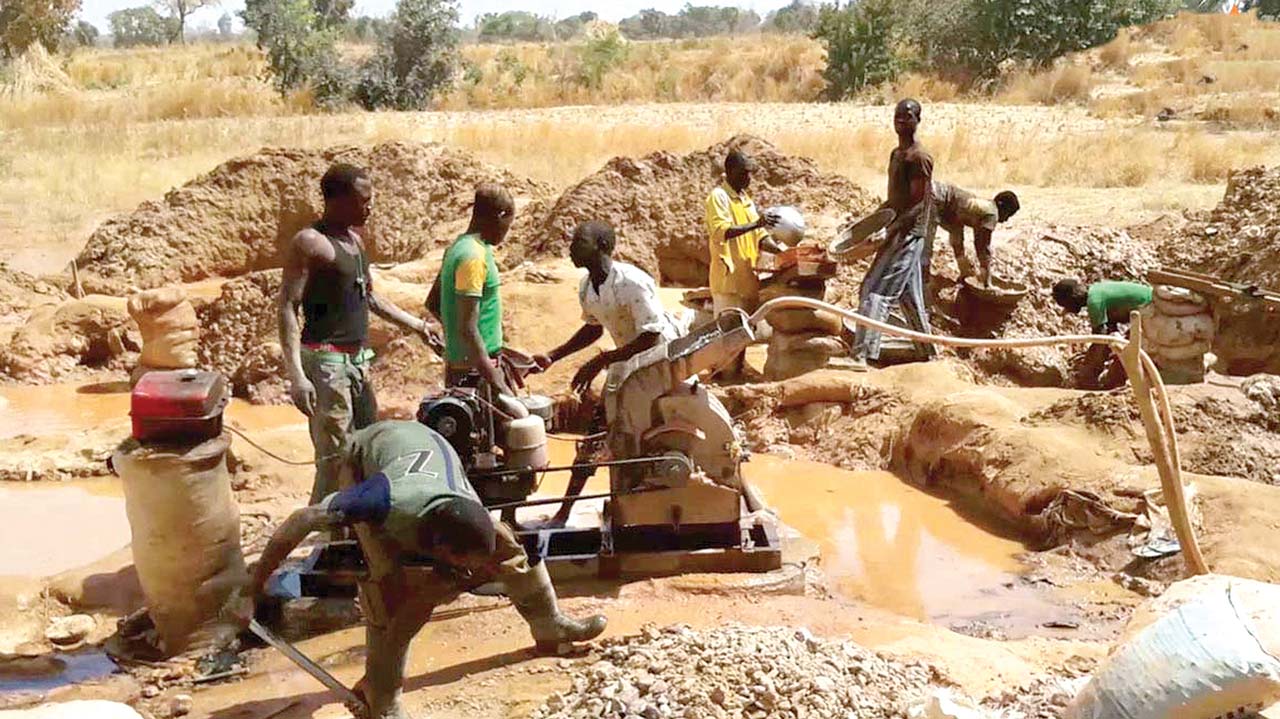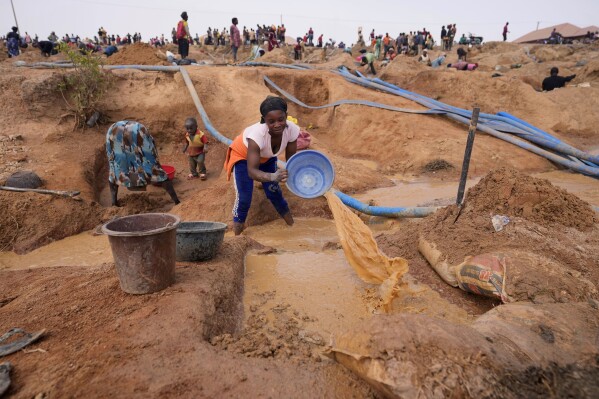Blockchain technology appears to be a game-changer for some of the mining industry’s most critical problems as Nigeria looks to revive its mining sector. Rich in mineral resources, from lithium to gold, the nation is at a turning point when innovation can improve sustainability, efficiency, and transparency.
Improving Openness
The capacity of blockchain to offer a tamper-proof transaction ledger is one of its biggest features. Blockchain technology can produce an unchangeable record of mineral transactions in Nigeria’s mining sector, where problems like illicit mining and corruption are pervasive. By promoting trust among all parties involved—from local communities to government regulators—this transparency can help guarantee that profits are allocated equitably and that businesses follow laws pertaining to safety and the environment.
Supply Chain Management Improvement
Real-time tracking of minerals from extraction to export is made possible by blockchain technology, which can optimise supply chains. This visibility aids businesses in streamlining their operations while also lowering the danger of fraud. To ensure that all parties fulfil their responsibilities without undue delay, smart contracts, which are self-executing contracts with the conditions explicitly put into code, can automate compliance checks and payments.

Streamlining the Financing Process
For many mining companies in Nigeria, especially the smaller ones, obtaining funding is a major obstacle. Access to money can be facilitated by blockchain technology, which offers a transparent and verifiable history of a business’s operations and revenue sources. Ventures that investors can evaluate risks more confidently have a higher chance of being funded, possibly creating new channels of financing for mining initiatives.
Supporting Regional Communities
Participating local communities in mining operations is now essential to success. Blockchain can give these communities access to information about mining activity and earnings, which will empower them. Through the incorporation of community interests into blockchain platforms, businesses may guarantee that the resources extracted in their areas directly benefit the local population, promoting amity and sustainable growth.
Blockchain implementation in Nigeria’s mining industry is fraught with difficulties, despite its potential. Widespread implementation may be hampered by deficiencies in infrastructure, a lack of technological know-how, and unclear regulations. These obstacles can be overcome, though, if education and technology spending are carefully considered. Nigeria’s mining industry could undergo a significant transformation because to blockchain technology. Through increasing openness, strengthening supply chain coordination,




